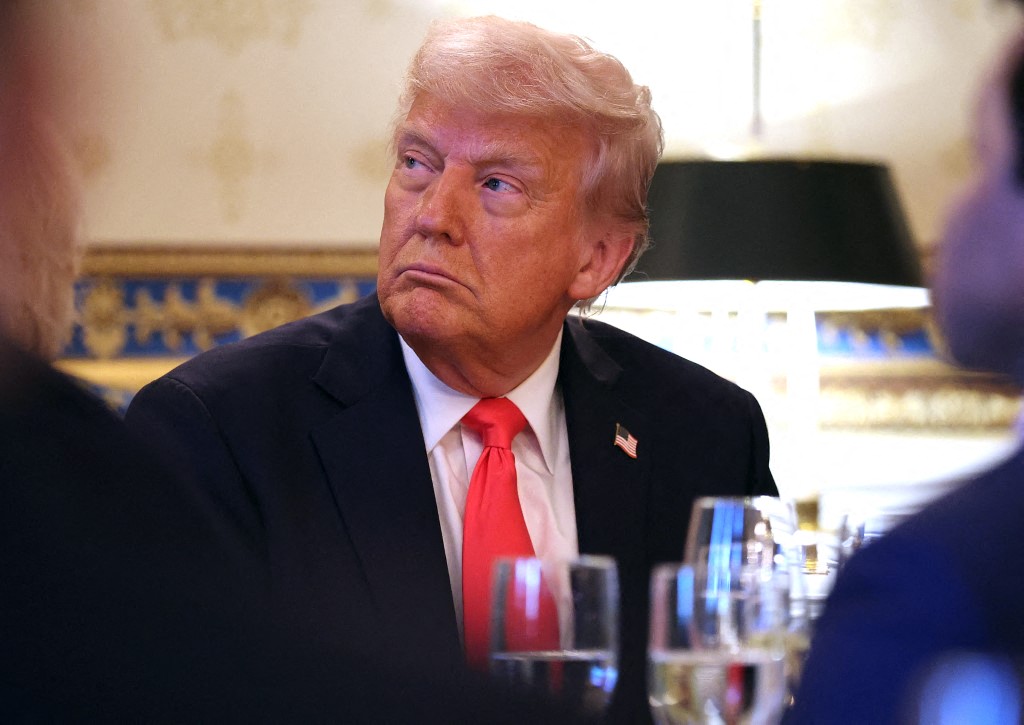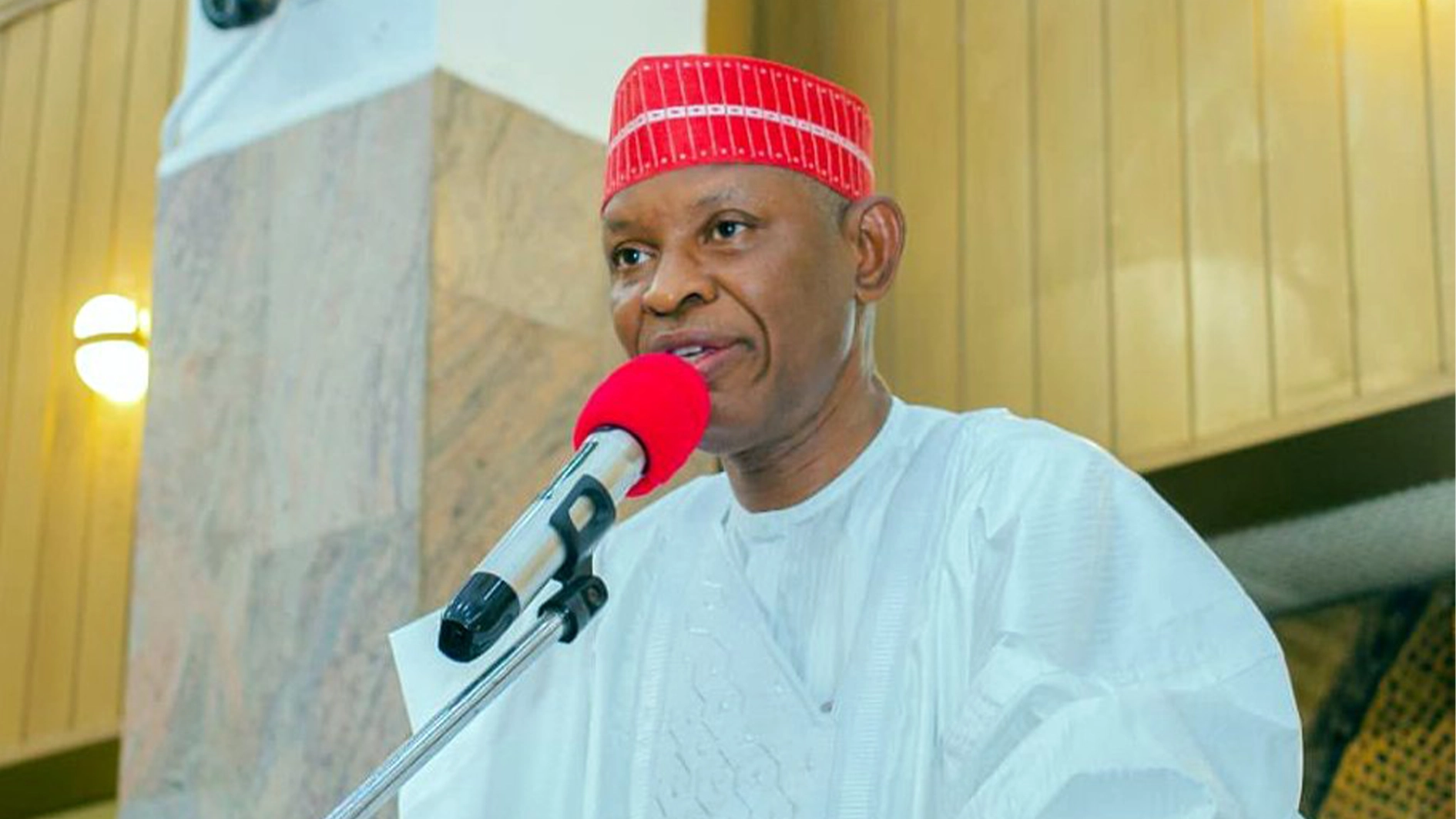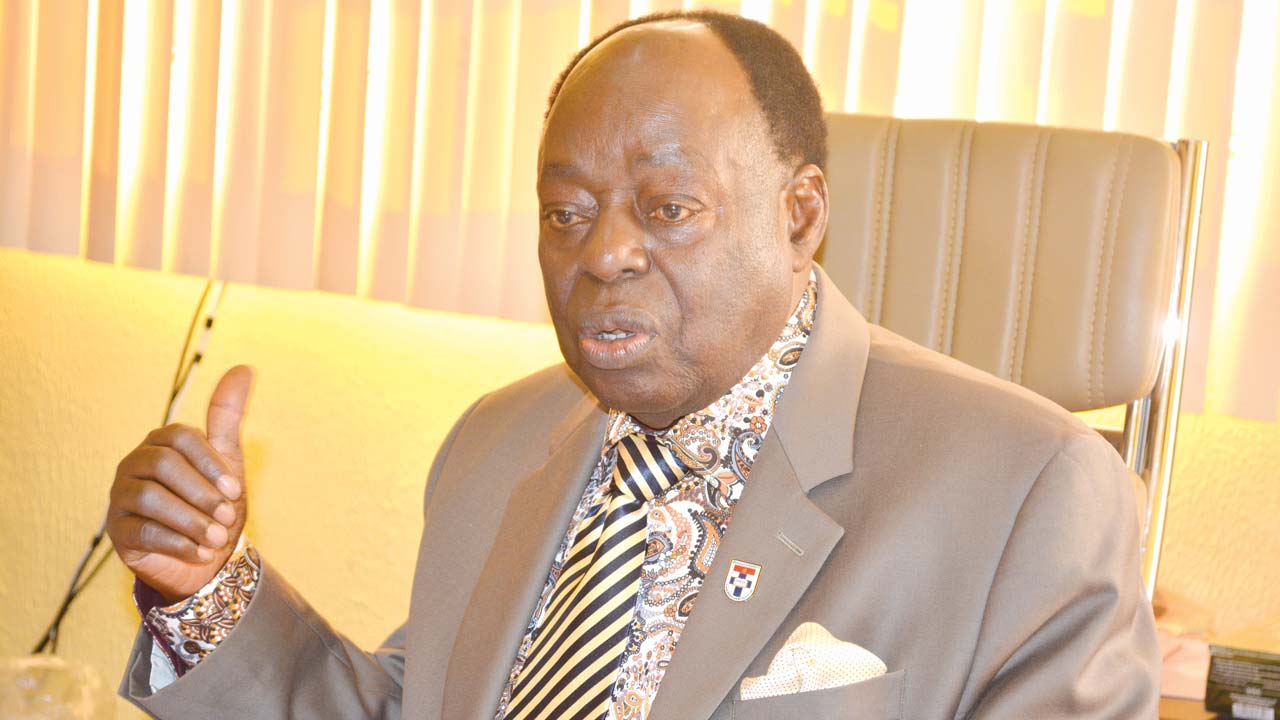On Friday, April 16, 2021, one of the fathers of Nigeria’s Diplomatic Service, and early crafters of the country’s Foreign Policy, Ambassador Blessing Akporede Clark, marked his 91st birthday.
Sandwiched between elder statesman, Chief EK Clark and his immediate younger brother, late playwright, Prof JP Clark, “BA” as his peers around the world know him, was born on that date in 1930 in Kiagbodo, which at the time was in Warri Province of then Western Region. Unlike his more media gripping siblings, this giant in global affairs is conservative, taciturn, sober, and restrained, even after exit from active public life.
Amb Clark is one of those who launched Nigeria, while independence was still at cockcrow into the intricate complexion of interstate relations. In his case, he came to stamp a watermark around the globe, as a master of ‘Multilateralism’ – a new fad at the time, in relations between the peoples of the world. One writer simply defined, multilateral diplomacy as an “alliance of multiple countries pursuing a common goal” as different from Bilateral relations (country to country), which had formed the traditional basis for diplomacy.
The truth is that the shadowy and inconspicuous world of diplomacy has always been part of the evolution of human statecraft. From the most primordial days of contacts equally became normal with the entire algorithm of ethos, logos, and orders. In addition, rules of engagement between peoples, definitions of orderly behavior, protocols, conventions, treaties, and the like became well developed. So, perhaps, more than any other preoccupation of man, the role of the intermittent and often itinerant intermediary took its roots far into the farthest antiquity. Expectedly, discreet, stately, witty, intellectual, the inter-middle thespians have kept human society at relative peace and allowed a state of mutual forbearance.
As human society and civilization progressed this complex art of going in-between took informativeness and life producing the types as Ambassador Clark. Through the centuries and around the world, becoming referred to as ‘Diplomats’ and known as “the person (who) is able to control a difficult situation without upsetting anyone”. Between former British Prime Minister, Winston Churchill and American writer, Caskie Stinnet, came the amusing euphemism that diplomats like this “birthday old man” are connoisseurs of their vocation who “can ask someone to go to hell and he looks forwards to the trip”
Over time, the professionalized liaison and mediatory agents became exchanged, with ‘Plenipotentiary and Extraordinary’ powers. This simply means with the almost unrestrained authority of their Sovereigns and Heads of States to their counterpart. Therefore, persons like Amb Clark who had borne these tongue-twisting titles were only admitted at the receiving end by an Ágrement’ issued by the other “Oga-at-top” accepting them. Not finished, they also carry cursive lettered, ancient worded ‘Credentials’ bearing the personal signature of their own principals. Repeatedly and tardy, but sweetly underscoring why nations, worth their standing send their best to handle this calling.
As a British conquered colony, diplomacy and diplomatic service in Nigeria did not start until 1957. Prior to that time and with the promulgation of the Macpherson Constitution in 1951 and more particularly Lyttleton Constitution of 1954, when the three existing regions (Western Region, Eastern and Northern Region) were granted substantial autonomy and their respective Civil Services were created, so came the establishment of “Special Interest Offices”, to cater for the welfare of students, pilgrims, and labor needs. Even then, they operated “under the flying seal” of British Embassies near to where they existed as external relations were in the “Exclusive List” under the British Crown. When in the face of fierce nationalist struggle, the Office of the Prime Minister of the Federation (though appointive) was created by the colonial administration in 1957, a Department for Foreign Affairs and Commonwealth Relations was created in the Office of the Prime Minister. Accordingly, recruitment of the first 12 Foreign Service Officers took place in that last year and was followed in 1958 and 1959.
The actual ministry effectively took off in 1961, when the flamboyant politician, Dr. Jaja Wachukwu was appointed as pioneer Foreign Minister. With this, some more senior officers already in service were posted or transferred into the newly created Ministry. First was, a substantive Permanent Secretary, Ambassador Francis Nwokedi, and Ambassador Joe Iyalla, who since graduation from the pioneer set of University College, Ibadan in 1951 had been recruited into the Office of the Chief Secretary for Nigeria (now equivalent of Secretary to the Government of the Federation) and was posted immediately to London. He was moved into the Foreign Ministry in 1962 on seniority as Deputy Permanent and stayed long in service to become Permanent Secretary and patriarch.
Of more importance to us was the prominent early hand, BA Clark. He had been in the Western Regional service since 1957 but moved into Foreign Affairs in 1961 as it took off formally. Also being from the University of Ibadan pioneers, especially from the Humanities Department, he was quite at home with the several other ‘old boys’ who were head-hunted for this new noble profession. Before retirement from service, Clark rose to become Permanent Secretary, (Director General, Service Matters) of the Ministry of External Affairs. Before then, he had cut his teeth as the leading multilateralist of his time. In all leading global concerts, Clark proved his mettle and sterner stuff in affirming Nigeria as the voice of the Black and African people. So as Permanent Representative to United Nations (New York), a position he took over from fellow ‘Warri Boy’s and debonair diplomat, Amb Leslie Harriman, he chaired the all-important Anti-Apartheid Committee and still remains counted in UN circles as one of the most outstanding. He was hands and head-on particularly in getting Zimbabwe (Rhodesia) and Namibia to be free.
Even the New York day, Amb Clark had served as Permanent Representative of Nigeria to the United Nations (Geneva), which he combined with being Ambassador to the nation of Switzerland. His contributions in Geneva were particularly on the questions of Human Rights and Fight against Segregation and general deprecation of the Black people. As Arms Race and nuclear annihilation overhung the world, he also became a global expert on Disarmament, underpinning the pacifist tilt of Nigerian foreign policy. Still in the multilateral fora was his time on the African continent as Permanent Representative to Organization of African Unity and Ambassador to Ethiopia, where the focus remained decolonization of Africa, and socio-economic development, with him setting the continental agenda.
With such an ebullient credential, Clark became one of the leading multilateral diplomats during the 1960s, 1970, and 1980s.
Conference upon conference around the world, his highly sharpened intellectual skill, and witticism, perfect belles-lettres, in both English and French placed him on an edge over most diplomats around the world on his days. He became much sought after in almost all fields of global affairs and helped to set the agenda for what world leaders will talk about amongst themselves in the 21st century.
It was not a matter of gallivanting around the world alone. In between, Amb Clark served at the headquarters of the Ministry of External Affairs, then in Lagos in various critical departments. In days when square pegs were only placed in square holes, he was severally Director for International Economic Co-operations, Director for International Organizations, and Deputy Permanent Secretary. He was part of the intellectual apparatchik that defined Nigeria’s National Interest and formulated the country’s foreign policy on the attainment of independence. These positions have continued to guide the country’s posture to these days, even though nuances and specifics change with the passage of time. Amb. Clark also became known as one of the sharpest speechwriters in the ministry.
He belonged to a truly “golden age. The Nigerian Delegation to the 31st United Nations General Assembly in September 1976 underscores the unassailable fibre of the country’s diplomatic arsenal of his generation. This included i) Brigadier General Joe Garba, Commissioner for External Affairs, ii) Amb MA Sanusi, Permanent Secretary (father of Lamido Sanusi), iii) Amb Leslie Harriman, Permanent Representative to UN (New York), iv) Amb BA Clark, Permanent Representative to UN (Geneva), v) Amb O. Jolaosho, Director, Administration, MEA, vi) Amb O. Ogunsulire, Director, African Affairs, MEA, vii) Amb PA Afolabi, Director, International Economic Cooperation, MEA, viii) Amb. HB Musa, Director, International Organizations, MEA, ix) Amb Olu Adeniji, Ambassador to Austria/UN (Vienna) x) Amb JN Ukegbu, Former Perm Sec/Ambassador to France, xi) Amb. EO Sanu, Amb to the United States, xii) Amb AG Gobir, Amb to India, etc, etc. Those were days when service to the country towered above all other proclivities.
To be continued tomorrow
Dr. Igali is a retired career diplomat and Federal Permanent Secretary.






